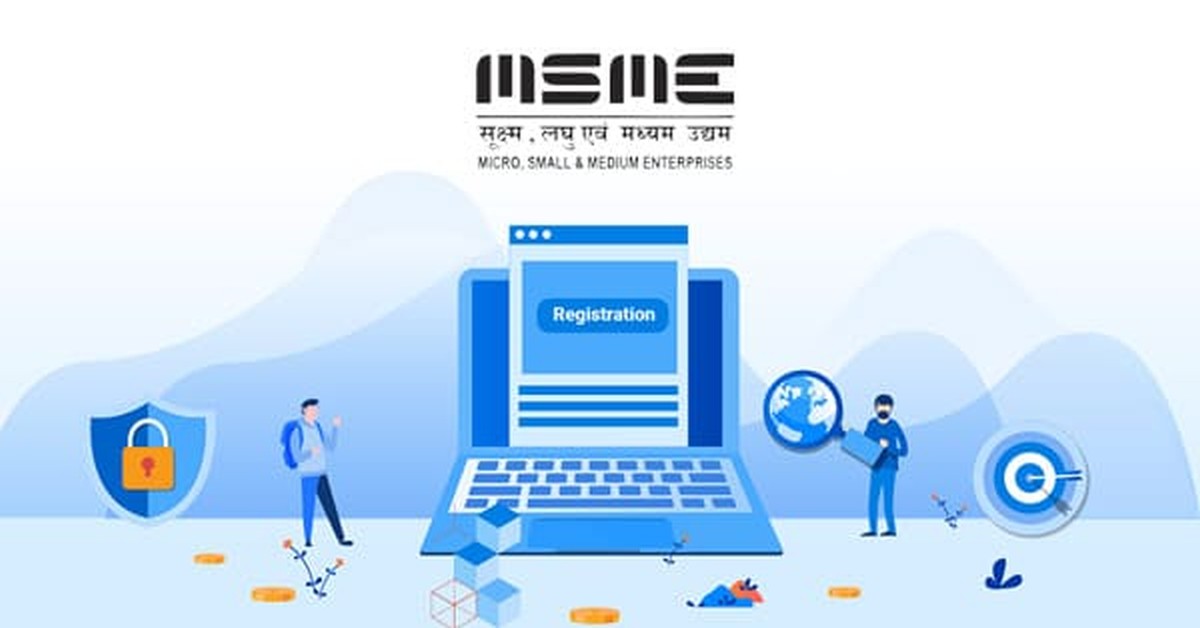The Indian export sector, representing a significant portion of the nation's economy, is facing a critical challenge due to a recent regulation mandating the clearance of outstanding invoices owed to micro and small enterprises within 45 days. Approximately 150,000 exporters, through various export promotion councils, are urging for exemptions from this requirement, highlighting concerns over its potential adverse impacts on cash flow and international competitiveness.

Concerns Raised by Exporters
- Cash Flow Implications: Exporters contend that the 45-day timeframe for clearing payments to micro and small enterprises is unrealistic, given that export payments typically take much longer, averaging around 120 days.
- International Competitiveness: Extended credit terms are vital for maintaining competitiveness in the global market, especially against countries offering more lenient payment terms with lower credit rates.
- Liquidity and Competitiveness: The regulation's impact on liquidity could lead to reduced competitiveness, as exporters may struggle with additional financial burdens, potentially shifting business away from micro and small enterprises.
Regulatory Framework and Proposed Amendments
- Section 43B(h) of the Income Tax Act: Implemented from April 1, the regulation aims to address delayed payment issues faced by micro and small entities registered under UDYAM. However, exporters request an extension of the payment period to 120 days and exemption for transactions with micro, small, and medium enterprises (MSMEs).
- Definition of Micro and Small Enterprises: Micro and small enterprises are categorized based on investment and turnover thresholds, with the new law requiring timely payments to registered MSME units to avoid interest penalties.
Impact on MSMEs and Exporters
- MSMEs: While the regulation aims to protect MSMEs from delayed payments, concerns arise regarding potential business losses and the return of goods, leading some entities to consider forsaking their MSME registration.
- Exporters: Compliance with the 45-day payment rule poses liquidity challenges for exporters, potentially affecting their competitiveness and prompting shifts in purchasing behavior towards medium enterprises.
Exporters' Recommendations
- Extended Payment Period: Exporters suggest extending the payment period gradually over time to accommodate both parties' needs, considering recent geopolitical uncertainties exacerbating cash flow challenges.
- Temporary Exemptions: Advocating for exemptions for export transactions involving micro and small units, exporters propose a simple supplier declaration process to ensure compliance, allowing time to adjust to the new regulations.
Sector-specific Challenges
- Handicrafts Sector: Handicraft exporters face unique challenges with extended credit periods, where payment realization can take up to 120 days due to shipment timelines, emphasizing the impracticality of the 45-day payment rule.
Conclusion
The call for exemptions from the mandated payment timelines reflects the critical need to balance regulatory measures with the practical realities of international trade. Exporters emphasize the importance of maintaining competitiveness in the global market while addressing concerns over cash flow and business sustainability. Collaborative efforts between stakeholders are necessary to devise solutions that support both MSMEs and exporters in navigating these challenges effectively.






 CAclubindia
CAclubindia
